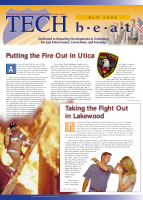Abundant Contribution of Short Tandem Repeats to Gene Expression Variation in Humans
Journal
Nature Genetics
Date Published
January 2016
Agencies
NIJ-Sponsored
Publication Type
Research (Applied/Empirical)


